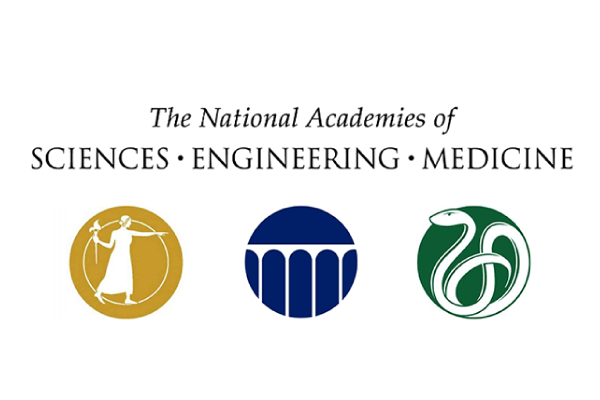New National Academies Guidance on Encouraging Behavior Change
Societal Experts Action Network draws COVID-19 recommendations from behavioral science

It’s increasingly clear that surviving the COVID-19 pandemic will require widespread adoption of new behaviors. The public must develop new, necessary habits of mask-wearing, physical distancing, and increased hand-washing—behaviors that are inconsistent with pre-pandemic norms. Fortunately, behavioral science is well-equipped to assist in the development of healthy habits.
To hasten public adherence with COVID-19 mitigation and prevention habits, the Societal Experts Action Network (SEAN)—a collaboration between the National Science Foundation and the National Academies of Sciences, Engineering, and Medicine (NASEM)—has developed a set of strategies for leaders. SEAN has developed a new resource, written by APS Fellows Wendy Wood, Robert Cialdini, and other experts, offering key advice on how to encourage adoption of preventative behaviors and effectively communicate the promotion of preventative behaviors.
To make the adoption of preventative behaviors more likely, SEAN advises leaders to:
- Make the behavior easy to start and repeat
- Make the behavior rewarding to repeat
- Tie the behavior to an existing habit
- Alert people to behaviors that conflict with existing habits and provide alternative behaviors
- Provide specific descriptions of the desired behaviors
When communicating with the public, SEAN advises leaders to:
- Use clear, consistent, and transparent messaging
- Avoid undue attention to the frequency of socially undesirable behaviors
- Foster a sense of efficacy and avoid fatalism
- Appeal to the collective good of one’s community
- Use messengers trusted by the target audience
- Tailor the framing of the message to the audience
- Link prevention behaviors to people’s identities
- Highlight social disapproval of a target audience member’s failure to comply when it occurs
- Highlight the growing prevalence of behavior change within the target audience when it occurs
- Avoid repeating misinformation, even to debunk it
These suggestions are based on psychological science principles, as well as the behavioral and social sciences broadly.
Once leaders understand these strategies, they can choose which ones will work best in their communities and implement them accordingly.





APS regularly opens certain online articles for discussion on our website. Effective February 2021, you must be a logged-in APS member to post comments. By posting a comment, you agree to our Community Guidelines and the display of your profile information, including your name and affiliation. Any opinions, findings, conclusions, or recommendations present in article comments are those of the writers and do not necessarily reflect the views of APS or the article’s author. For more information, please see our Community Guidelines.
Please login with your APS account to comment.